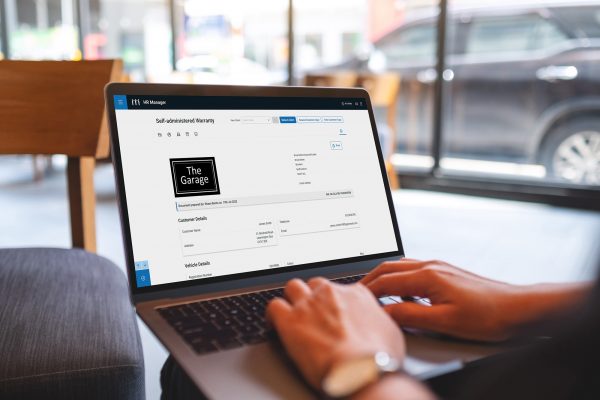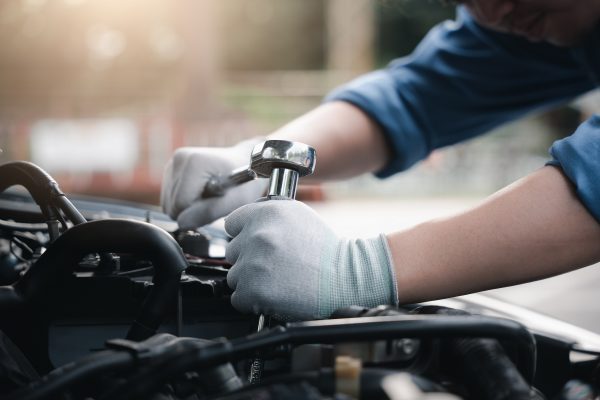For many in the Motor Trade, a substantial income can be derived from deposits left for cars or parts to be supplied to customer order, as well as from funds put aside to service a Warranty Scheme. That money is, until the transaction is complete, held in trust for the customer and the business, but it cannot be transferred to the P and L bottom line.
However, those who operate ‘POT’ type Warranty schemes give money to others, to be set against potential warranty claims. No matter what assurances you might receive about security of investments, the simple fact is that if you operate under a ‘POT’ scheme, you cannot control where your ‘POT’ is or what may happen to it, and, of course, someone else can be putting the money to use.
It is not your money to spend but you still have a duty to look after it.
In the present climate Lawgistics recommends spreading your risk by separating the held funds into smaller but manageable deposits with a number of different financial institutions. This is nothing more than basic good housekeeping.

We’re here to ensure all used car dealerships deliver a better car finance experience for their customers. With over 4,000 approved dealer partners we ensure you are properly supported and connected with a range of flexible finance options, allowing you to lend and your customers to buy in complete confidence.




